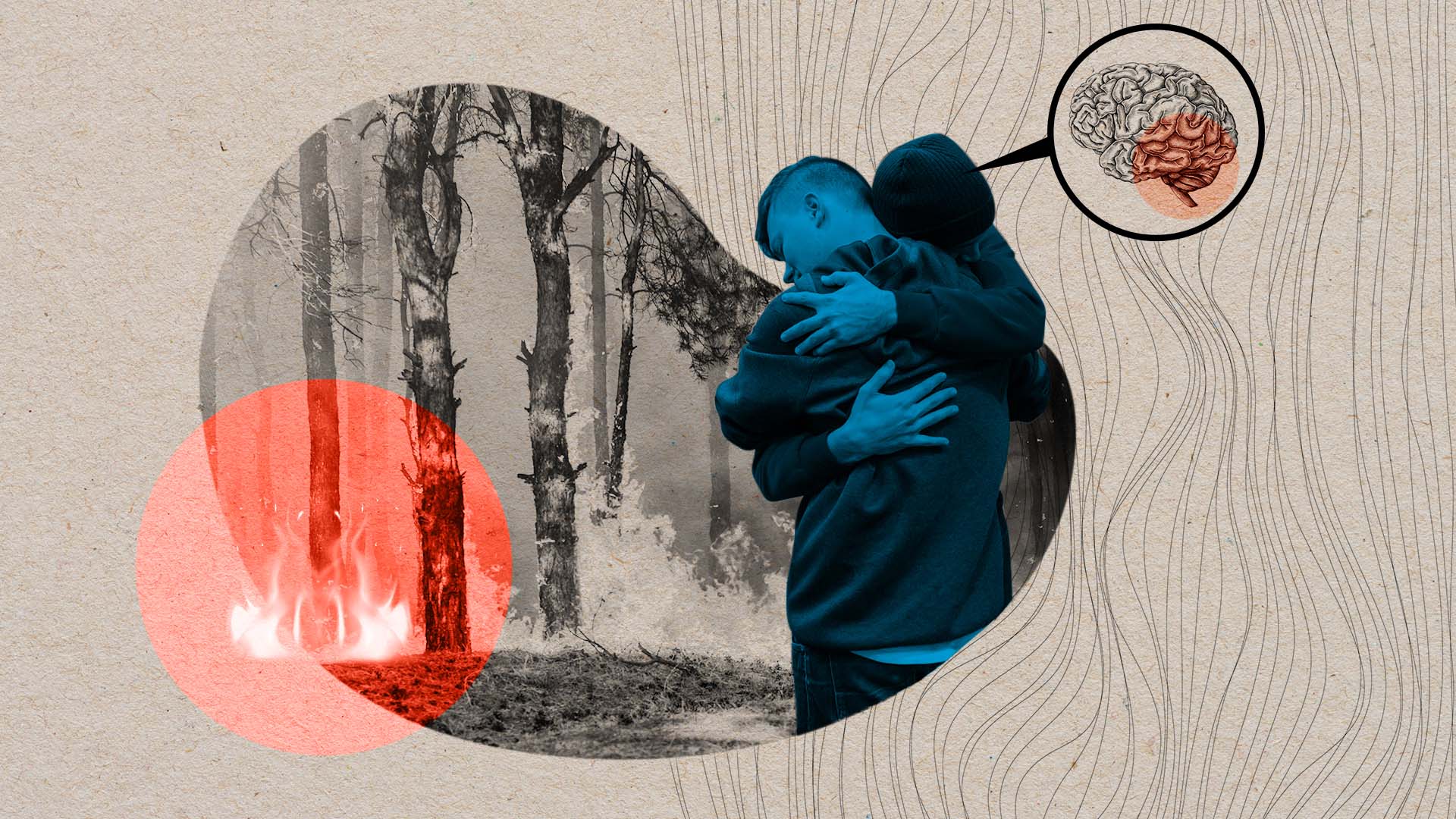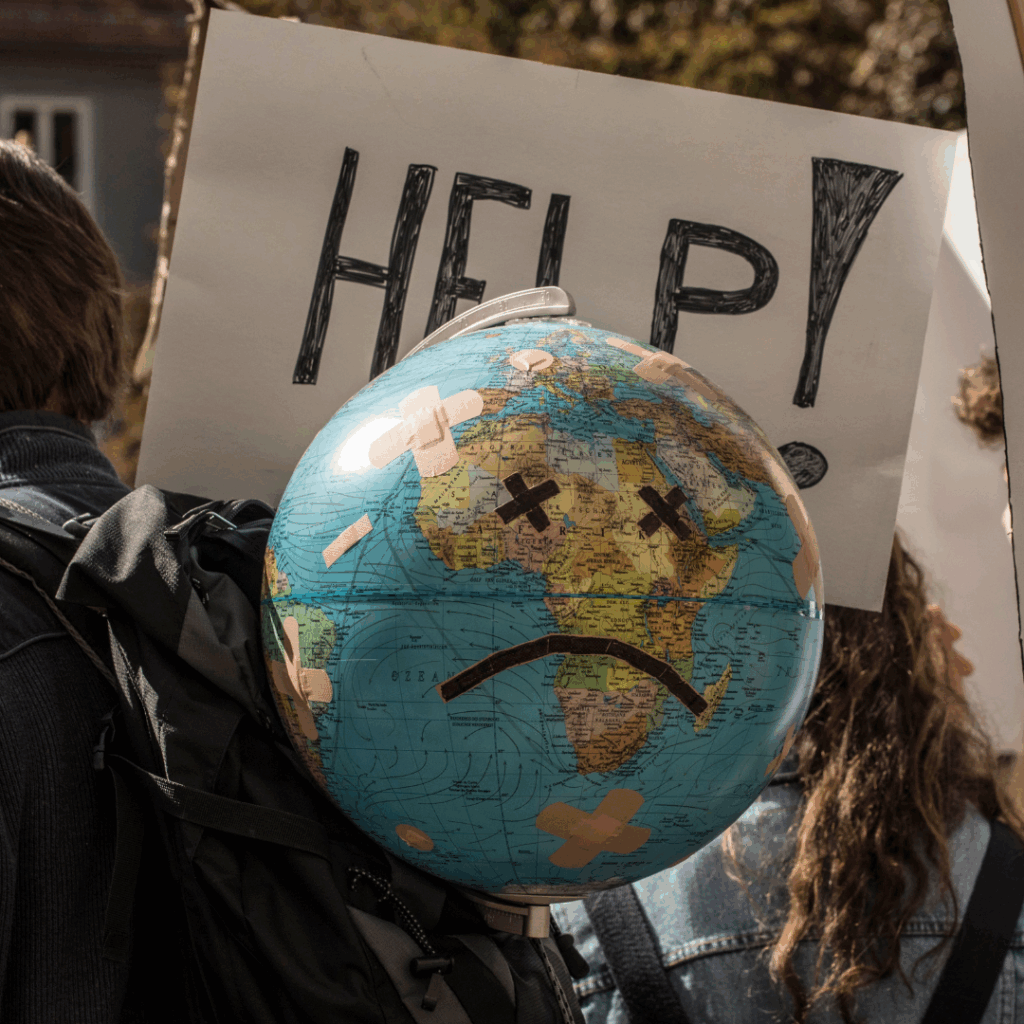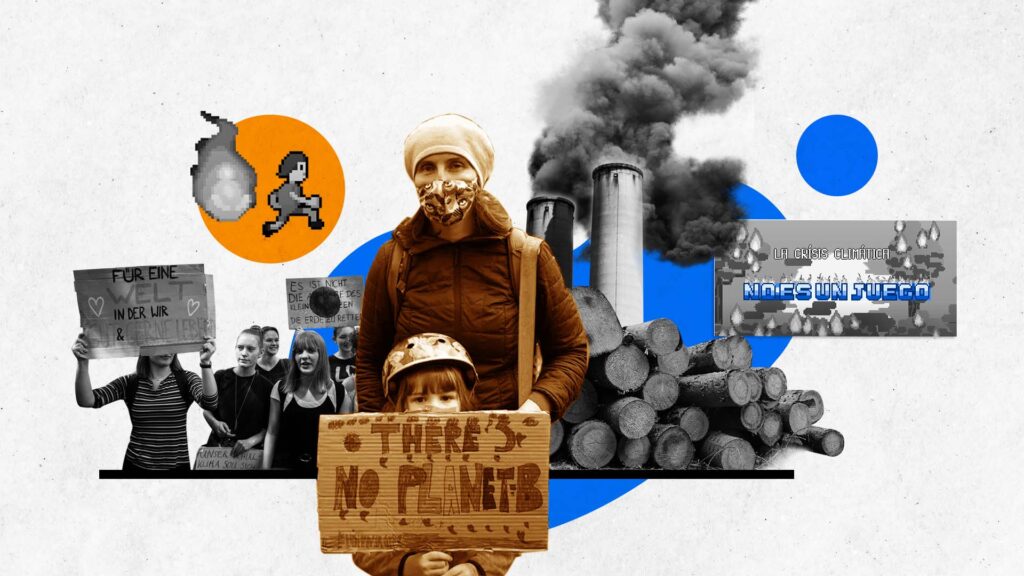
In a time when the realities of climate change are becoming increasingly undeniable, many individuals confront a growing sense of anxiety and uncertainty. This article explores how the looming climate crisis can affect mental health and offers a detailed roadmap to manage these feelings. Climate anxiety has emerged as a critical public health issue that calls for both immediate and long-term solutions. By examining the relationship between environmental stressors and psychological wellbeing and outlining effective strategies to regain control, this guide empowers readers to face these challenges head on.
Understanding the Psychological Impact of the Climate Crisis
The rapidly evolving reality of climate change is not only about environmental degradation and economic challenges; it also poses serious mental health risks. People around the world report increased feelings of despair, grief, and anxiety as they confront the stark effects of a warming planet. This section introduces how climate stress disrupts our emotional balance by incorporating the latest studies and expert opinions. Understanding these impacts is the first step toward developing effective coping strategies.
Recent scientific research reveals a clear link between climate change and declining mental health. News of frequent natural disasters, rising sea levels, and extreme weather events not only devastates communities physically but also leaves a lasting psychological impact. Those living in the most affected areas often experience symptoms of depression and anxiety. Experts warn that climate-related stressors are compounded by feelings of helplessness, as many believe they cannot influence the broader environmental crisis.
Beyond personal experiences, there is an increasing societal awareness that the fear of an uncertain future can worsen existing mental health issues. The anticipation of future losses, sometimes called anticipatory grief, can overwhelm individuals, impairing daily life. Acknowledging and validating these feelings is a crucial starting point for healing and highlights the need for specialized psychological support.
Identifying Anxiety Triggers and Their Effects on Mental Health

To properly address climate-related anxiety, it is important to understand its specific triggers. In this section, we explore the various aspects of climate change that provoke strong psychological responses. From disturbing media portrayals of catastrophic events to personal experiences of environmental disasters, each narrative is unique but intertwined with the global challenge of climate change.
One of the main triggers is the overwhelming stream of distressing news. The constant cycle of alarming reports—rich in vivid imagery and stark statistics—can overload our minds, leaving little room for positive reflection. This barrage of information may lead to a state of hypervigilance, where even a routine weather update becomes a source of anxiety. The media’s role in shaping these triggers is significant, often emphasizing worst-case scenarios without offering balanced context or solutions.
Additionally, direct personal experiences with climate-related events can serve as powerful reminders of vulnerability. For those who have lived through hurricanes, wildfires, or severe floods, the memories of these traumatic events may trigger post-traumatic stress symptoms alongside general anxiety. The cumulative impact of these experiences is often worsened by isolation and a sense of powerlessness over such crises. Identifying these triggers is vital so that mental health professionals can design targeted interventions.
Media Overload and Psychological Fatigue
Excessive exposure to climate disaster news can lead to psychological fatigue. When the mind is constantly bombarded with scenes of devastation, it becomes harder to manage emotions, increasing the risk of anxiety and depression.
To counteract these effects, it is important to balance staying informed with self-care strategies such as scheduled breaks and verifying information before reacting emotionally.

Personal Encounters with Environmental Disasters
Individuals who have experienced the direct impacts of environmental disasters often carry deep emotional scars. The pain of these memories can resurface unexpectedly, intensifying feelings of anxiety.
Therapies such as trauma-focused cognitive behavioral therapy (TF-CBT) can be very effective in processing and alleviating these distressing memories.
Practical Therapeutic Approaches to Managing Climate Anxiety
After identifying the triggers and impacts of climate anxiety, it becomes essential to explore practical solutions and therapeutic interventions. Psychology offers a range of strategies that empower individuals to manage stress and anxiety effectively. This section focuses on evidence-based techniques and modern mindfulness practices that complement traditional therapy.
A fundamental approach is cognitive behavioral therapy (CBT), which helps individuals identify and transform negative thought patterns associated with climate change. CBT has proven effective by enabling clients to meet their fears with rational analysis and regain control. Additionally, relaxation techniques such as mindfulness meditation and deep breathing exercises are essential. Mindfulness practices help create distance from overwhelming thoughts, fostering a state of calm.
Group therapy further provides a supportive environment where individuals can share experiences and learn from each other. This peer support not only normalizes feelings of anxiety in the climate crisis but also strengthens community bonds. Innovative methods like eco-therapy, which involve engaging directly with nature, help reconnect individuals with the environment in a healing way. Combining traditional and emerging treatments outlines a promising path forward for mental health.

Building Community Resilience and Personal Empowerment
Beyond individual therapy, addressing climate anxiety also involves community action and personal empowerment. Societal change starts at the grassroots level, and building resilient communities is a key way to ease the psychological burden of the climate crisis. In this section, we explore strategies that foster both collective and individual empowerment.
Community resilience is founded on shared responsibility and mutual support. By participating in local environmental initiatives or joining activist groups, individuals can convert anxiety into proactive behavior. Such collective efforts not only build a strong community but also deliver concrete results that counteract negative narratives. Empowered communities can drive transformative social change and promote mental well-being.
Equally important is personal empowerment. Small changes in daily habits—such as journaling, creating sustainable routines, and engaging in environmental advocacy—can significantly reduce personal anxiety while contributing to the collective fight against climate change. Recognizing that change is possible at both the personal and societal level helps build confidence and encourages meaningful action.
Community Initiatives that Make a Difference
Local projects like reforestation, sustainable agriculture, and renewable energy programs demonstrate how collective efforts yield visible environmental benefits. Participation in these initiatives helps alleviate personal anxiety by turning concerns into action.
Local governments and non-profit organizations play a pivotal role by offering resources and support for such projects, reinforcing the link between community well-being and environmental health.
Personal Steps Towards a Sustainable Lifestyle
Adopting a sustainable lifestyle gives individuals a sense of control in an unpredictable world. Small actions, such as reducing waste or using energy-efficient products, contribute to a collective effort against climate change.
Transforming daily routines into opportunities for positive environmental impact not only reduces one’s carbon footprint but also builds self-esteem and promotes personal empowerment. Personal empowerment becomes a critical tool in managing anxiety and inspiring proactive change.
Future Directions: Integrating Psychology and Environmental Policy
As we confront the challenges of mental health and environmental sustainability, a new paradigm emerges that integrates psychology with environmental policy. This comprehensive approach treats mental well-being as an essential component of public health strategies addressing climate change.
Future research and policy initiatives must focus on developing programs that support mental health in the aftermath of environmental disasters. For example, integrating psychological resilience training into disaster preparedness plans can help communities adapt more effectively and recover more quickly. Policy integration that includes mental health is key to creating a robust and comprehensive response to environmental challenges.
Moreover, cross-disciplinary collaboration among mental health professionals, environmental scientists, policy makers, and community leaders is crucial. This integrated approach not only makes interventions more effective but also ensures that the voices of those most affected by climate change are heard. The convergence of different fields offers promising, innovative solutions to some of our era’s most pressing problems.

Contenido Adicional
To make this guide a definitive resource, here is additional content that sheds light on the multilayered challenges and opportunities of confronting climate anxiety. Understanding personal narratives deepens our collective grasp of this urgent issue.
Many individuals have shared moving testimonies about their personal struggles with climate anxiety. These qualitative insights reinforce that emotional experiences are as valuable as quantitative data when designing effective interventions. Their stories of turning despair into action serve as a roadmap for those feeling overwhelmed by the magnitude of the crisis.
Across the globe, innovative community programs offer practical examples of how localized efforts can ease both environmental damage and psychological distress. Community gardens, urban forests, and local sustainability workshops not only benefit the environment—they also create safe spaces where mental health can thrive. These initiatives foster belonging and a strong collective purpose.
Further investigation into eco-psychology reveals significant overlaps between environmental activism and mental health recovery. The idea of nature connectedness suggests that re-establishing our bond with nature can nurture both the environment and our psychological well-being. This framework offers a balanced perspective where hope and action work hand in hand, laying the groundwork for resilience at both individual and community levels.
In closing, recognizing and addressing climate-induced anxiety is essential as we learn to navigate the challenges of a changing world. The journey toward understanding, coping, and thriving in the face of environmental uncertainty demands both individual resilience and collective action. By acknowledging the psychological impacts of the climate crisis and employing targeted therapeutic strategies, we can build a future that not only preserves our planet but also supports our mental health. Together, we can transform climate anxiety into a drive for positive change.




